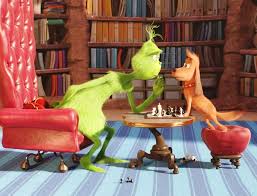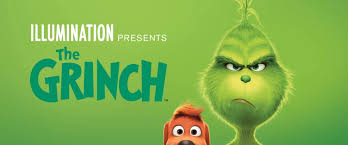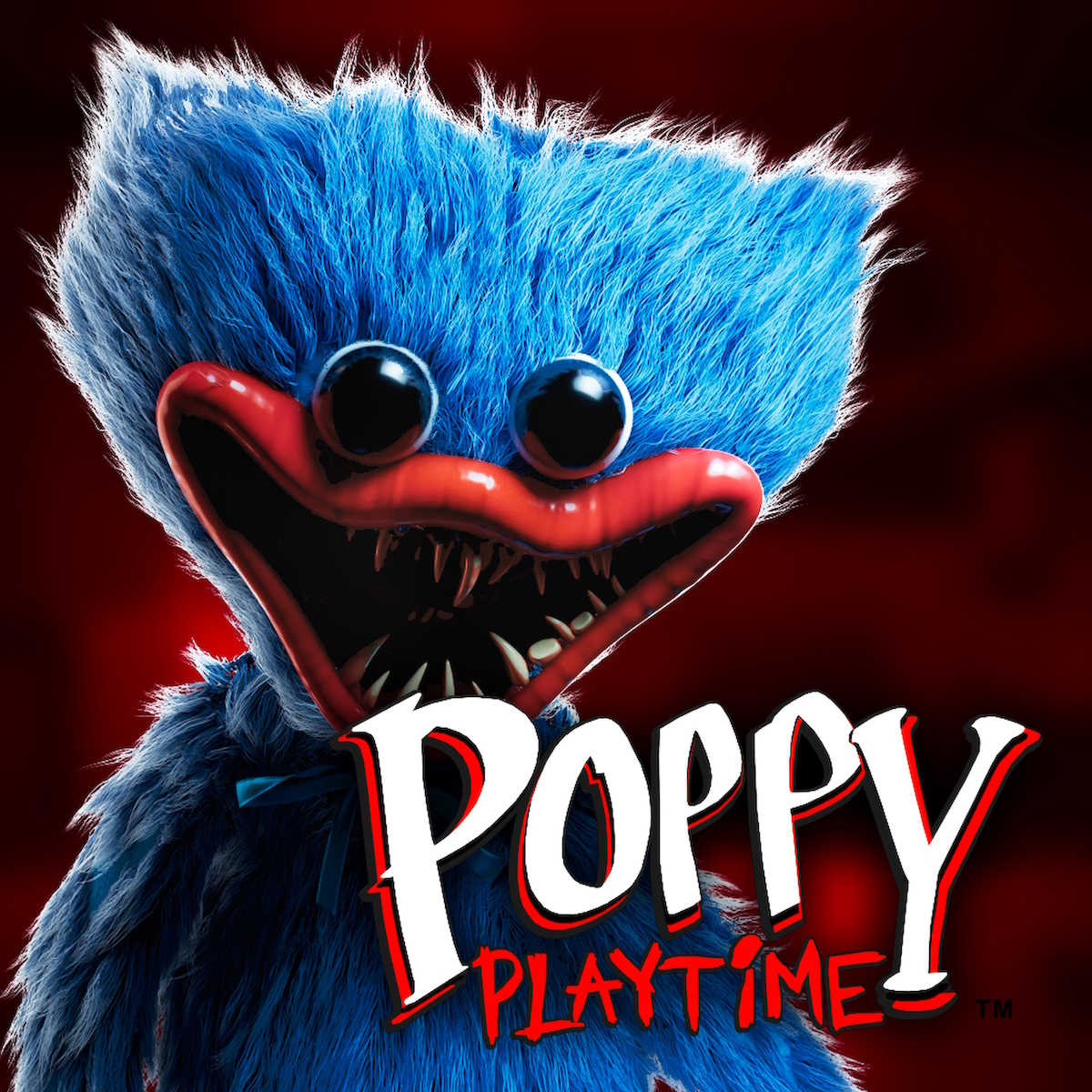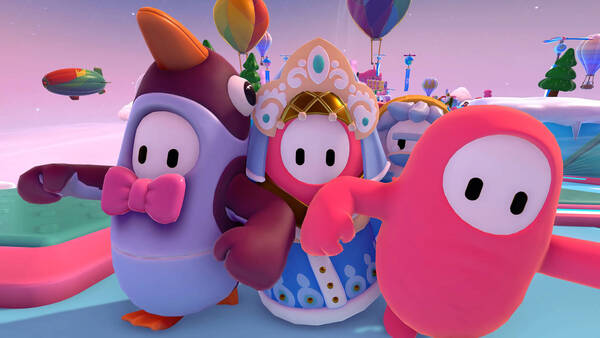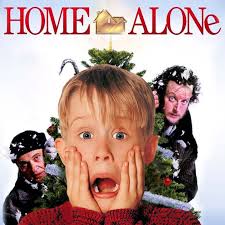
Home Alone
All trademarks belong to their respective owners.
Popular Now
Latest Posts
Latest Reviews
-
 REMATCH
Introduction
In today’s gaming world, players seek not only entertainment but also unique and immersive experiences. Each game offers its own story, intriguing characters, and engaging challenges.
Storyline
Every game typically features a captivating storyline, ranging from epic adventures to heartfelt tales. Players assume the roles of characters, experiencing their journeys and making decisions that can alter the narrative.
Gameplay
Gameplay is a key factor in a game's appeal. Players engage in activities such as combat, puzzles, or exploring open worlds. The satisfaction of completing missions or overcoming challenges is something every gamer desires.
Graphics and Sound
Graphics and sound play crucial roles in creating the atmosphere of a game. Vivid visuals and realistic audio help players immerse themselves in the virtual world.
Conclusion
Games are not just tools for entertainment; they are avenues for exploration and experience. Each game offers its own lessons and emotions, making them unforgettable for players.
Read full review
REMATCH
Introduction
In today’s gaming world, players seek not only entertainment but also unique and immersive experiences. Each game offers its own story, intriguing characters, and engaging challenges.
Storyline
Every game typically features a captivating storyline, ranging from epic adventures to heartfelt tales. Players assume the roles of characters, experiencing their journeys and making decisions that can alter the narrative.
Gameplay
Gameplay is a key factor in a game's appeal. Players engage in activities such as combat, puzzles, or exploring open worlds. The satisfaction of completing missions or overcoming challenges is something every gamer desires.
Graphics and Sound
Graphics and sound play crucial roles in creating the atmosphere of a game. Vivid visuals and realistic audio help players immerse themselves in the virtual world.
Conclusion
Games are not just tools for entertainment; they are avenues for exploration and experience. Each game offers its own lessons and emotions, making them unforgettable for players.
Read full review
-
 Avatar World
Okay! Please tell me more about the game you'd like me to describe! What genre is it? What's the setting? What's the core gameplay loop? Knowing those details will help me create a compelling description.
For example:
Genre: RPG, Action, Puzzle, Strategy, Simulation, etc.
Setting: Fantasy, Sci-fi, Historical, Modern, etc.
Story (if any): A brief overview of the player's main objective.
Unique Features: What makes this game different and exciting?
Otherwise, I can provide a general game description. Let me know!
Read full review
Avatar World
Okay! Please tell me more about the game you'd like me to describe! What genre is it? What's the setting? What's the core gameplay loop? Knowing those details will help me create a compelling description.
For example:
Genre: RPG, Action, Puzzle, Strategy, Simulation, etc.
Setting: Fantasy, Sci-fi, Historical, Modern, etc.
Story (if any): A brief overview of the player's main objective.
Unique Features: What makes this game different and exciting?
Otherwise, I can provide a general game description. Let me know!
Read full review
-
 Schedule I
Enter the intriguing world of Schedule I: The Labyrinth of Legality, a thought-provoking adventure game that challenges players to navigate the complex landscape of controlled substances. As a passionate researcher, you will explore various environments, from high-tech laboratories to underground markets, all while uncovering the truths and myths surrounding Schedule I substances.
Players must solve puzzles, engage in strategic decision-making, and interact with diverse characters, each with their own perspectives on drug policy, legality, and research. Balance ethical dilemmas and moral choices while seeking knowledge that could change the landscape of medical science and public perception.
Read full review
Schedule I
Enter the intriguing world of Schedule I: The Labyrinth of Legality, a thought-provoking adventure game that challenges players to navigate the complex landscape of controlled substances. As a passionate researcher, you will explore various environments, from high-tech laboratories to underground markets, all while uncovering the truths and myths surrounding Schedule I substances.
Players must solve puzzles, engage in strategic decision-making, and interact with diverse characters, each with their own perspectives on drug policy, legality, and research. Balance ethical dilemmas and moral choices while seeking knowledge that could change the landscape of medical science and public perception.
Read full review
-
 Street Fighter 6
Street Fighter 6 is the latest installment in the iconic fighting game series developed by Capcom. This thrilling game brings together a roster of both classic and new characters, each with unique abilities and storylines, allowing players to immerse themselves in the vibrant world of street fighting.
Experience enhanced graphics and fluid animations that elevate the combat mechanics to new heights. The innovative Drive System introduces fresh gameplay elements, encouraging aggressive strategies and dynamic matches. Whether you're battling friends locally or competing online, Street Fighter 6 offers a rich multiplayer experience alongside a deep and engaging single-player campaign.
Available on multiple platforms, including consoles and mobile devices, Street Fighter 6 ensures that every player can enjoy the fierce and fast-paced action. Join the fight, master your favorite characters, and become a champion in the world of Street Fighter!
Read full review
Street Fighter 6
Street Fighter 6 is the latest installment in the iconic fighting game series developed by Capcom. This thrilling game brings together a roster of both classic and new characters, each with unique abilities and storylines, allowing players to immerse themselves in the vibrant world of street fighting.
Experience enhanced graphics and fluid animations that elevate the combat mechanics to new heights. The innovative Drive System introduces fresh gameplay elements, encouraging aggressive strategies and dynamic matches. Whether you're battling friends locally or competing online, Street Fighter 6 offers a rich multiplayer experience alongside a deep and engaging single-player campaign.
Available on multiple platforms, including consoles and mobile devices, Street Fighter 6 ensures that every player can enjoy the fierce and fast-paced action. Join the fight, master your favorite characters, and become a champion in the world of Street Fighter!
Read full review
-
 The Rise of the Rõnin: A Journey Through Time
Rise of the Rõnin" is an action-adventure game that immerses players in the feudal Japan world. You will take on the role of a rõnin, a masterless samurai, on a quest for honor and justice. The game combines intense combat with open-world exploration, allowing you to customize your character's skills and equipment.
Players will face diverse enemies, tackle challenging missions, and uncover the secrets of a rich and vibrant world. With stunning graphics and a deep storyline, "Rise of the Rõnin" promises to deliver an exciting experience, capturing the heroic spirit of a samurai on a journey to reclaim their honor.Rise of the Rõnin" is an action-adventure game that immerses players in the feudal Japan world. You will take on the role of a rõnin, a masterless samurai, on a quest for honor and justice. The game combines intense combat with open-world exploration, allowing you to customize your character's skills and equipment.
Players will face diverse enemies, tackle challenging missions, and uncover the secrets of a rich and vibrant world. With stunning graphics and a deep storyline, "Rise of the Rõnin" promises to deliver an exciting experience, capturing the heroic spirit of a samurai on a journey to reclaim their honor.
Read full review
The Rise of the Rõnin: A Journey Through Time
Rise of the Rõnin" is an action-adventure game that immerses players in the feudal Japan world. You will take on the role of a rõnin, a masterless samurai, on a quest for honor and justice. The game combines intense combat with open-world exploration, allowing you to customize your character's skills and equipment.
Players will face diverse enemies, tackle challenging missions, and uncover the secrets of a rich and vibrant world. With stunning graphics and a deep storyline, "Rise of the Rõnin" promises to deliver an exciting experience, capturing the heroic spirit of a samurai on a journey to reclaim their honor.Rise of the Rõnin" is an action-adventure game that immerses players in the feudal Japan world. You will take on the role of a rõnin, a masterless samurai, on a quest for honor and justice. The game combines intense combat with open-world exploration, allowing you to customize your character's skills and equipment.
Players will face diverse enemies, tackle challenging missions, and uncover the secrets of a rich and vibrant world. With stunning graphics and a deep storyline, "Rise of the Rõnin" promises to deliver an exciting experience, capturing the heroic spirit of a samurai on a journey to reclaim their honor.
Read full review
-
 Carx street
CarX Street is a highly enjoyable and immersive racing game that offers a perfect blend of street racing, customization, and open-world exploration. The gameplay mechanics are accessible yet challenging, the visuals are stunning, and the multiplayer modes add significant replay value.
Read full review
Carx street
CarX Street is a highly enjoyable and immersive racing game that offers a perfect blend of street racing, customization, and open-world exploration. The gameplay mechanics are accessible yet challenging, the visuals are stunning, and the multiplayer modes add significant replay value.
Read full review
